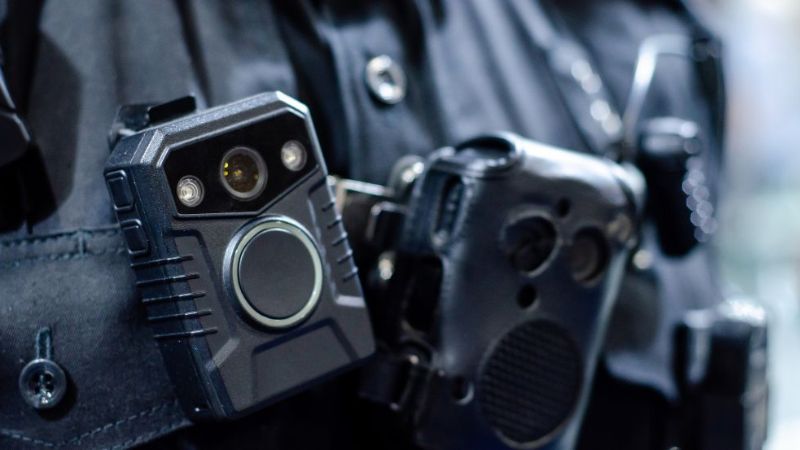
A rising hot topic in criminal law has been that of Body Worn Camera (BWC) footage and other legislatively regulated recordings, including dash camera video, in-car video, and audio recordings. As the number of states adopting BWC mandates increases, footage has increasingly become helpful in crafting and presenting defenses at trial and for purposes of negotiations. BWC and other recordings have proven to be critical in many cases because it provides the most accurate account of officer-citizen contact. Historically, this has been limited to reports prepared by officers, leaving juries to decide whether to believe the story told by the officer or the person accused of a crime. For obvious reasons, this often doesn’t work in favor of the person accused. With the introduction of video footage came a new opportunity to both build and challenge credibility.
The presence of BWC also fosters transparency and accountability, increasing the likelihood that citizens will be treated fairly. For many, the introduction of BWC has allowed for a renewed sense of safety. People within the community, however, aren’t the only ones to benefit from the recording of officer-citizen interactions. BWC is also purposed with protecting police officers.
Does Michigan require that officers wear BWC?
Unfortunately, Michigan does not require that police officers wear BWC. Michigan has, however, adopted regulations for the use and disclosure of video and audio recordings. This means that while Michigan does not require that police departments implement policies requiring BWC, there are regulations in place for departments that choose to do so. (Law Enforcement Body-Worn Camera Privacy Act which can be found at MCL 780.311-318). For law enforcement agencies that choose to implement BWC, Michigan law requires that officers:
- Record all foreseeable officer-citizen contact.
- Report and log any malfunctions.
- Refrain from recording in private residences unless in pursuit of a fleeing felon.
- Store footage as required by law and police department.
- Refrain from sharing recordings with unauthorized persons or on social media
- Refrain from recording activities unrelated to official police work
In addition to Michigan’s regulations on the use and disclosure of BWC, police departments have their own policies that their officers must abide by. These policies typically require that BWC be turned on prior to any citizen contact and remain activated until the conclusion of that contact. They also include instructions on storing and maintaining footage.
How do I request a copy of the footage from the officer-citizen contact?
Footage of an officer-citizen contact can be obtained, however, Michigan law limits who may request and receive that footage to the following: (1) the subject of the recording; (2) anyone whose property has been seized or damaged in relation to a crime; (3) a parent or legal guardian, when the subject or person with property interest is under 18; and (4) the attorney of record. The way in which you request footage may vary from county to county, and you should contact an experienced attorney should you have any issues obtaining footage of your officer-citizen contact.
Why isn’t there any Body Worn Cameras (BWC) in my case?
If you have been told that BWC does not exist in your case, this can mean a series of things. The first consideration is whether the police department you are dealing with is equipped with BWC. If so, the paper discovery should be scoured over to determine whether the officer provided an explanation as to why the BWC is missing. Sometimes police reports will mention faulty recording devices. If this is the issue in your case, it should be explored further by an experienced attorney.
It may also be the case that the BWC footage was destroyed. Generally, Michigan law requires that BWC footage be stored for at least 30 days from the date of recording. However, if recordings are the subject of ongoing criminal investigation, criminal prosecution, or civil action, they must be held until the completion of an investigation or legal proceeding. When recording is the subject of a formal complaint against law enforcement, it must be retained for at least 3 years. These are minimums, and law enforcement agencies with BWC policies have their own policies that provide specific retention provisions for specific types of crimes (i.e. civil infractions, felony, misdemeanor, etc.). These policies retentions policies that are often much longer than what is required by Michigan law.
Nonetheless, if your BWC footage was prematurely destroyed and you believe it would be helpful to your case, this may be a due process violation and should be litigated by an experienced attorney.
